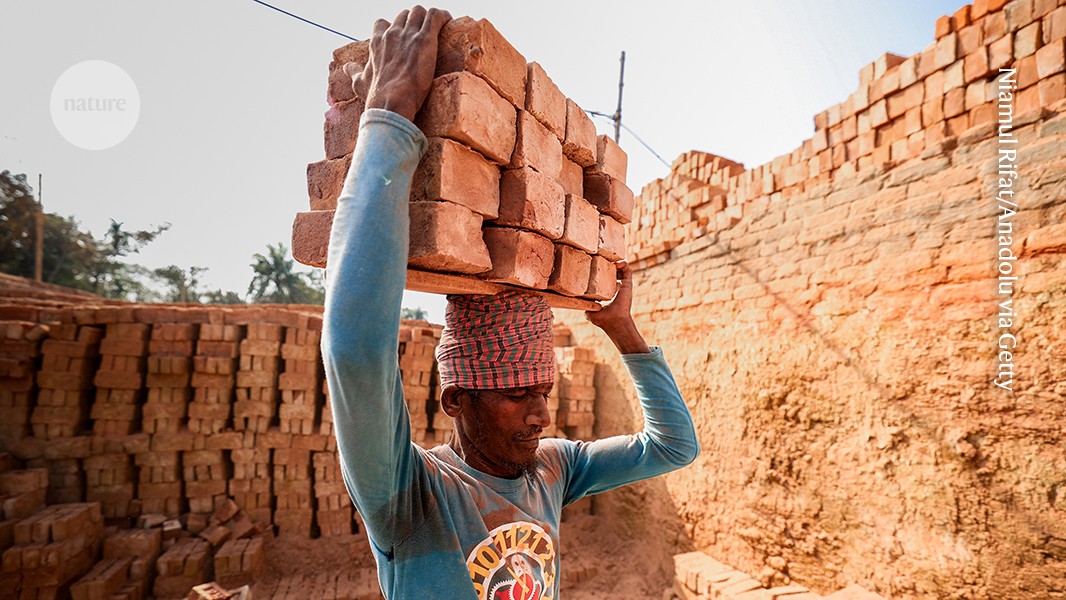
"On 28 February, Ukrainian President Volodymyr Zelenskyy met with US President Donald Trump in the Oval Office. Trump's aim was "getting some of the rare earth" as payment for US weapons after Russia's invasion of Ukraine in 2022. Negotiations broke down at the meeting, but later, on 30 April, Trump landed his deal. And he has been seeking other deals since, including signing a joint agreement with Australia on 21 October to secure critical-mineral and rare-earth supply chains."
"Access to minerals has long been an undercurrent of international relations, but rarely has it been so openly espoused, or so at odds with what the public thought those minerals were for. Once promoted as the minerals of the energy transition and digital transformations, Trump openly justifies critical minerals as the minerals of war. "We're going to be... taking it, using it for all the things we do," Trump said in February, "including ... weapons and the military" (see go.nature.com/47by3cn)."
"Although minerals are at the centre of contemporary discussions on war, renewable energy and technology, they are also of immense relevance to human development, notably ending poverty in all its forms - the first priority of the UN Sustainable Development Goals (SDGs). Here we trace the national-security origins of the term critical minerals and what this implies for global inequality. We then draw lessons from how other natural resources have been reframed to show why a human-centred approach is essential to meet humanity's needs for these minerals."
Critical minerals have shifted from being associated primarily with energy transitions and digital technologies to explicit national-security assets tied to military power and supply chains. Political leaders have pursued mineral deals to secure rare-earths for weapons and defence production. Historical military planning established lists of strategic minerals during world wars and early 20th-century US defence policy. That securitization risks deepening global inequality through concentrated control of resources and export dependencies. Reframing minerals solely as strategic assets overlooks their importance for human development and poverty eradication. A human-centred approach to critical-mineral policy is necessary to align supply chains with equitable development and sustainable goals.
Read at Nature
Unable to calculate read time
Collection
[
|
...
]